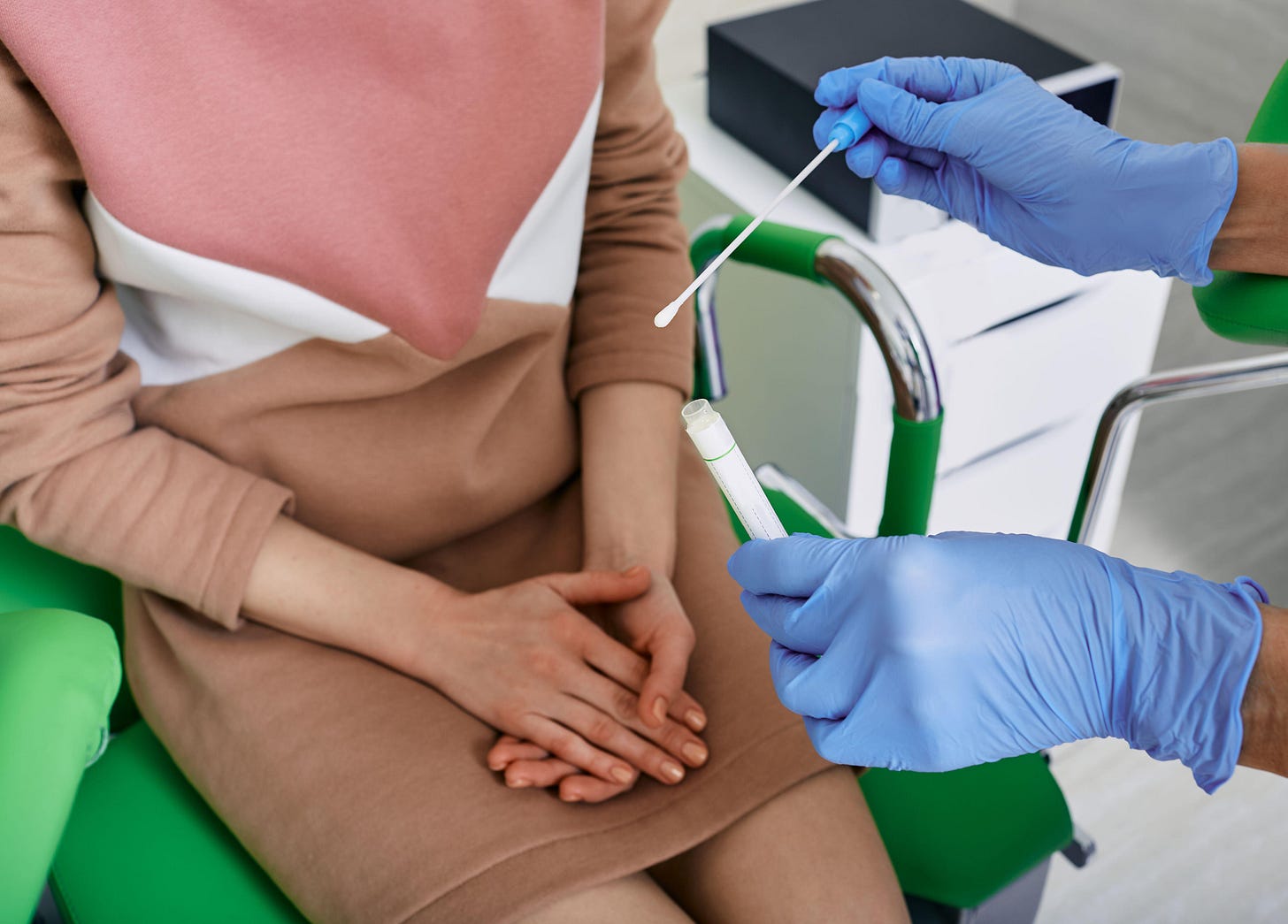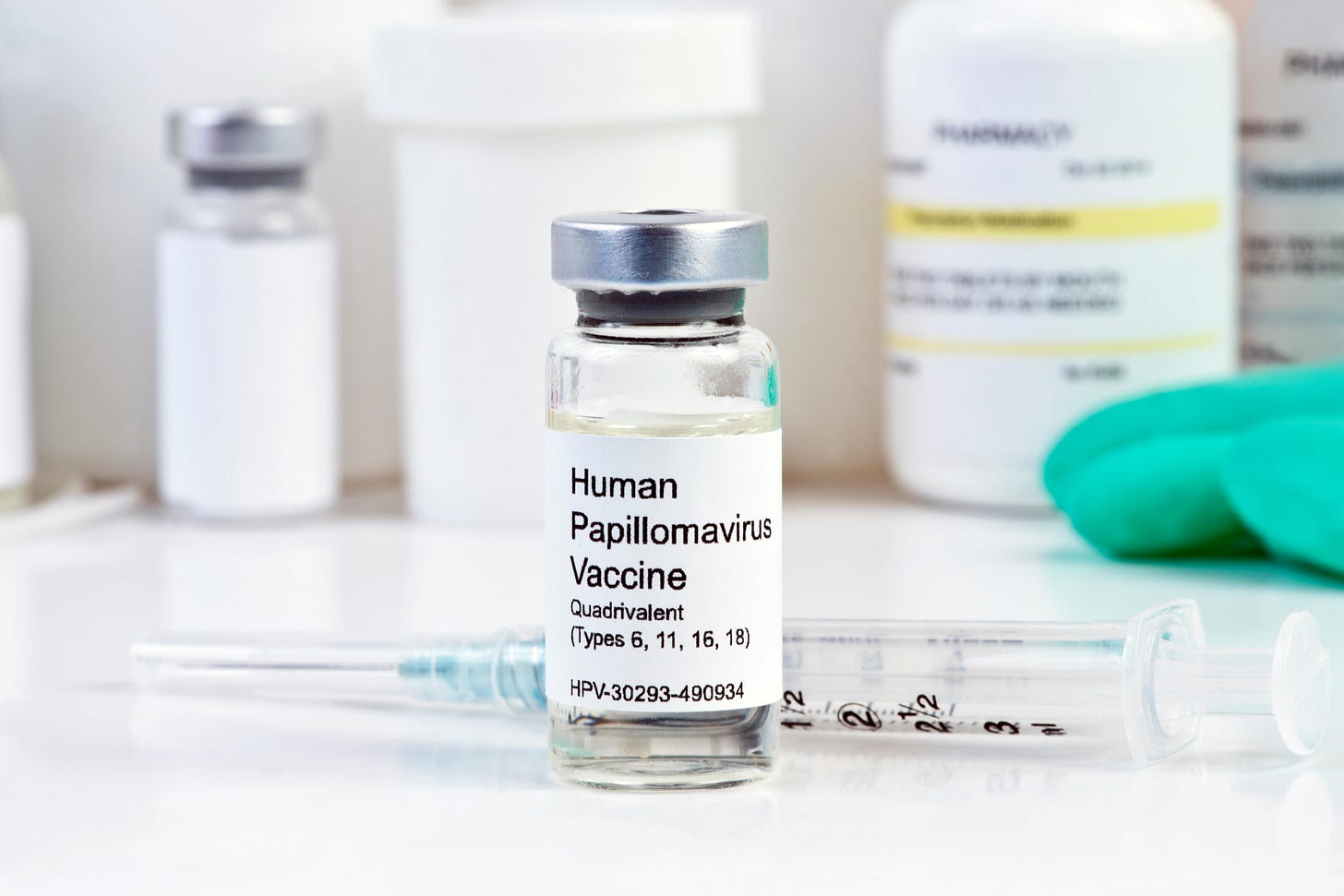5 gynaecological symptoms that are 'red flags' never to ignore
If you do experience any of these signs, contact your doctor.
Talking about our gynaecological health can sometimes feel awkward or embarrassing, but it is important to contact a professional if you suspect something might be wrong.
A gynaecologist offers advice about five ‘red flag’ symptoms to look out for.
There are five types of gynaecological cancers – womb, ovarian, cervical, vulval and vaginal – but awareness levels of these five cancers is extremely low.
Spotting the initial signs and symptoms is vital in order to receive early diagnosis and treatment.
1. Abnormal bleeding/discharge
“Any type of abnormal bleeding should be investigated, but bleeding between periods, bleeding after intercourse or post-menopausal bleeding could be a sign of cervical or uterine cancer and can occur with other gynaecological cancers as well,” says Mr Narendra Pisal, consultant gynaecologist at London Gynaecology. “These symptoms should be investigated without delay.”
2. Lumps, bumps or ulcers
“Vulval cancers often present as lumps and bumps or ulcers, which are easily felt without searching, so you may feel something unusual while going to the toilet or during daily activities such as walking and sitting,” explains Pisal. “If your lump is persistent and won’t go away, it’s time to get it checked out.”
3. Persistent itching
“Persistent itching down below could be a sign of thrush, but without the accompanying symptoms could be a pre-cancerous sign of vulval cancer,” forewarns Pisal. “This may also present as tenderness of the vulva, pain or a burning sensation.”
4. Abdominal bloating/distention
“We all have our days of feeling bloated, especially at certain times during our cycle, but if you feel constantly bloated or have tummy distention (where the tummy is visibly bigger) then this may be a sign of ovarian cancer,” cautions Pisal. “Some ladies with these symptoms describe that they can’t fit into their jeans or trousers, but they haven’t noticed any weight gain, in fact there may be weight loss.”
5. New onset of abdominal pain
“While most ladies might be used to a bit of tummy pain, after 45 a new onset of abdominal pain could be a sign of ovarian cancer and medical attention should be sought,” says Pisal. “Before the age of 45, abdominal pain is more likely to be far less sinister, such as an infection or other gynaecological issue such as endometriosis, which of course may also require a doctor.”
What should I do if I experience one of these symptoms?
If you do experience any of the warning signs above, it’s important not to panic as they may well be caused by something far less serious, however the only way to be certain is to see a doctor.
Pisal advises all women to have regular smear tests, which are offered to women aged 25-49 every three years and every five years for those aged between 50-64.
“Smear tests look out for abnormal cells well before they become cancerous,” explains Pisal. “By treating any abnormality, the risk of developing cervical cancer is reduced significantly.”
The gynaecologist also encourages everyone to make sure that they have had a vaccination against Human papillomavirus.
“This is currently being offered to girls and boys in secondary school,” says Pisal. “The vaccination against Human papillomavirus reduces the risk of cervical cancer by nearly 90%.
“It will make a huge difference to the incidence of cervical, vaginal and vulval cancer, as well as cancer of the throat,” adds the gynaecologist. “It is also available at a later stage, but only privately.
“A lot of women think that HPV vaccination can only be taken before becoming sexually active, but evidence suggests that there is still a significant benefit up to the age of 45.”









